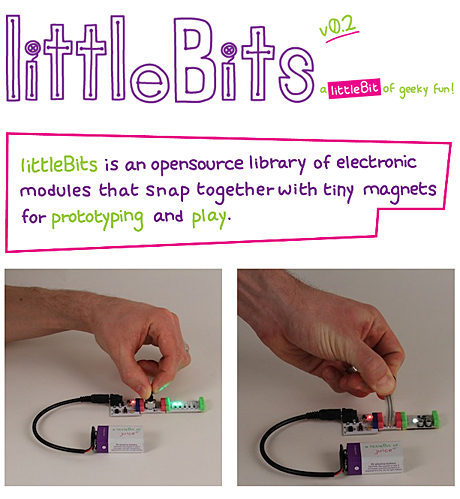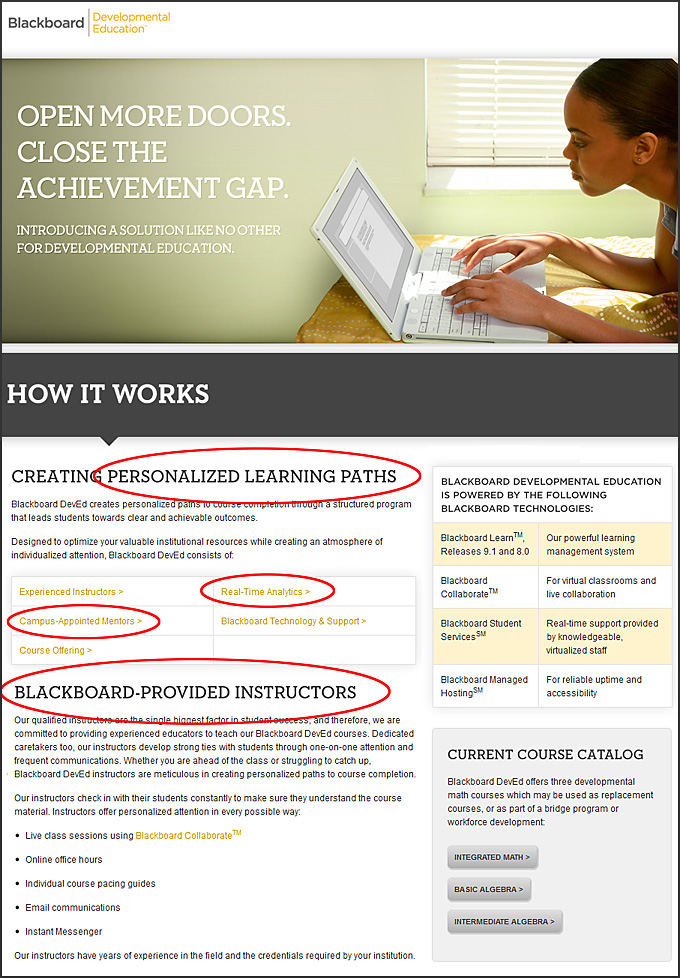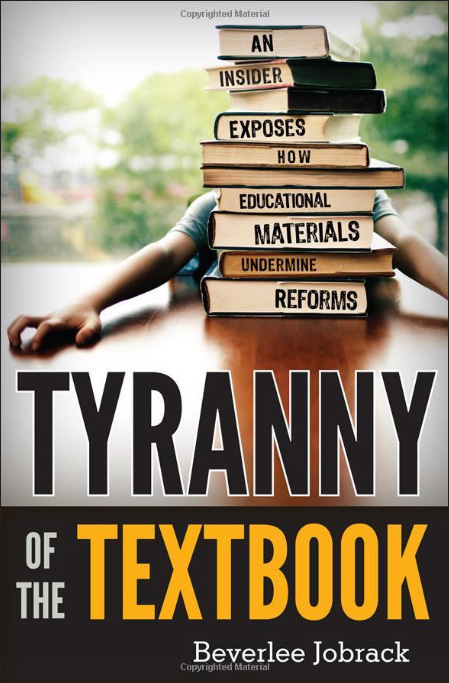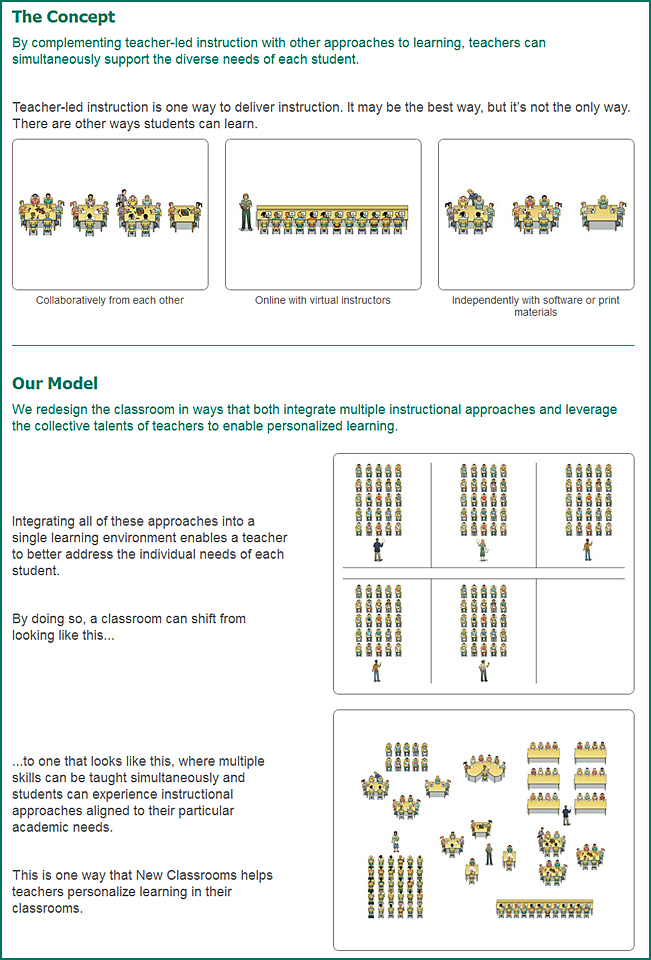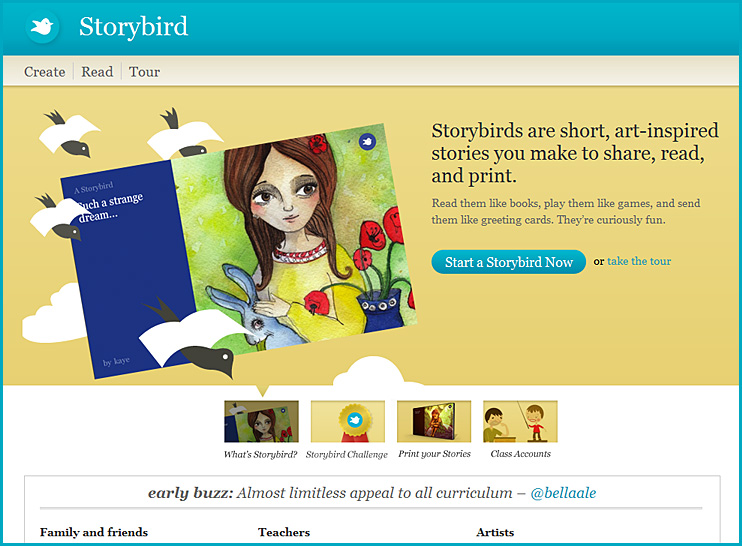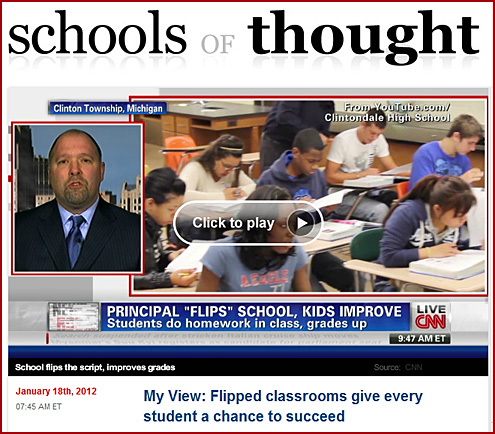Excerpt from “What is PBS Kids Lab?“
PBS KIDS is always working on something new—and usually several “somethings” at once! Whether it’s new apps focusing on math or an augmented reality game using camera phones, you’ll be able to find the latest and greatest right here at PBS KIDS Lab. This is where we debut our newest games—including some that are in development in beta testing mode—and show early research results, behind-the-scenes features, and more. Be among the very first to see what’s new with beloved characters like Curious George, the Cat in the Hat, Buddy from Dinosaur Train, Sid the Science Kid and more.
PBS KIDS Lab is built on the belief that every new technology is an opportunity for learning. We work closely with researchers and advisers every step of the way, from building curriculum frameworks to ensure that all of our content aligns to state and national standards, to testing early prototypes with kids. We also spend a lot of time with parents and educators, learning more about the devices that are available at homes and in schools, what supplemental resources work best, and how we can make learning fun for the whole family.









